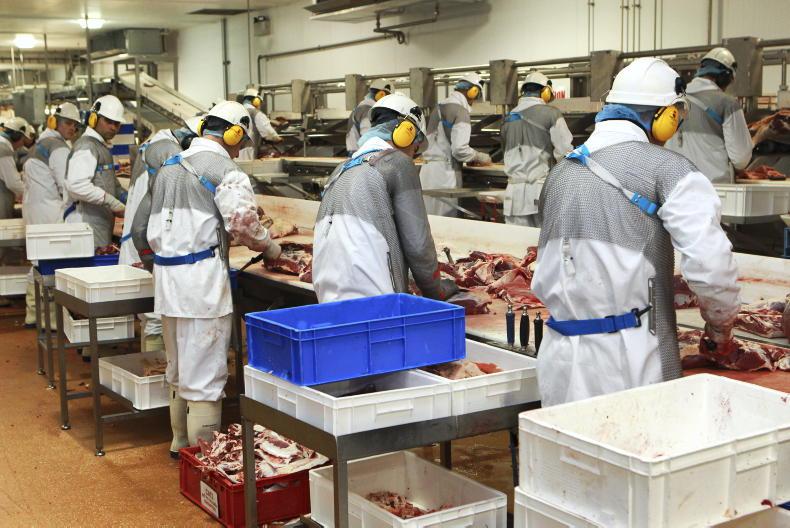Ulster Bank chief economist Richard Ramsey has given a neat illustration of the pressures on local household budgets.
He referenced his Ulster Fry Index which tracks the changes in the ingredients of a good cooked breakfast when speaking to agricultural journalists in Belfast this week.
The index has increased by 6.4% overall, year over year and is at its highest level since 2014.
Ingredients in the Fry include milk, up 16.7% year over year, eggs up 8.2%, mushrooms up 7.1%, butter up 6.0% while bacon is up by only 1.0%.
These increases, alongside big jumps in electricity, gas, heating oil, petrol and diesel prices mean many consumers are having great difficulty in coping with their living costs.
“Food makes up a significant proportion of household spending. Food and drink is also a key sector of the NI economy.
“So, understanding how the price of food items is changing gives us some insight into both the current state of consumer finances and also some of the challenges facing the agri-food industry,” said Ramsey.
Turning to the impact on farmers, he noted that Russia and Ukraine are two of the most important exporters of agricultural commodities, accounting for one in eight of all calories traded worldwide.
So, reduced supplies, as these and other countries retain and stockpile their own crops, together with increased prices will have an adverse impact on our livestock farmers and, eventually, on the price of food in local shops, suggested Ramsey.
He said that in response to the war, many countries are now adopting a policy of “economic nationalism” and were “unwinding the globalisation of food supplies”.
Read more
Editorial: is there an appetite to save the pig sector?
Breakeven milk price over 39p/l
Ulster Bank chief economist Richard Ramsey has given a neat illustration of the pressures on local household budgets.
He referenced his Ulster Fry Index which tracks the changes in the ingredients of a good cooked breakfast when speaking to agricultural journalists in Belfast this week.
The index has increased by 6.4% overall, year over year and is at its highest level since 2014.
Ingredients in the Fry include milk, up 16.7% year over year, eggs up 8.2%, mushrooms up 7.1%, butter up 6.0% while bacon is up by only 1.0%.
These increases, alongside big jumps in electricity, gas, heating oil, petrol and diesel prices mean many consumers are having great difficulty in coping with their living costs.
“Food makes up a significant proportion of household spending. Food and drink is also a key sector of the NI economy.
“So, understanding how the price of food items is changing gives us some insight into both the current state of consumer finances and also some of the challenges facing the agri-food industry,” said Ramsey.
Turning to the impact on farmers, he noted that Russia and Ukraine are two of the most important exporters of agricultural commodities, accounting for one in eight of all calories traded worldwide.
So, reduced supplies, as these and other countries retain and stockpile their own crops, together with increased prices will have an adverse impact on our livestock farmers and, eventually, on the price of food in local shops, suggested Ramsey.
He said that in response to the war, many countries are now adopting a policy of “economic nationalism” and were “unwinding the globalisation of food supplies”.
Read more
Editorial: is there an appetite to save the pig sector?
Breakeven milk price over 39p/l









SHARING OPTIONS